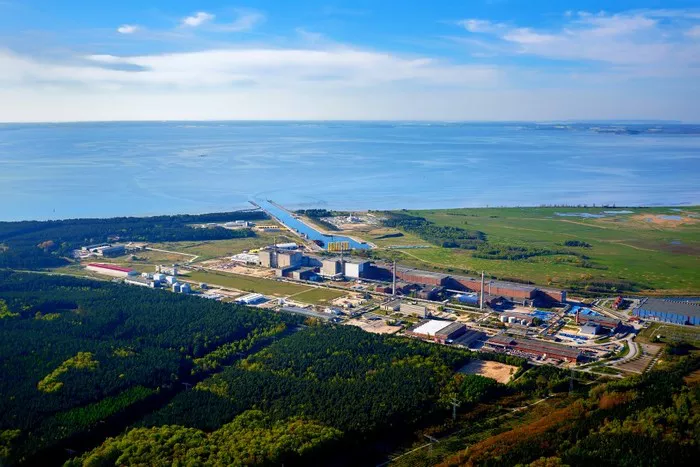Germany is taking a significant step towards its renewable energy goals with the activation of a powerful green hydrogen project at the Lingen gas-fired power plant. In a major milestone for the country’s transition to sustainable energy, RWE is expanding its 300 MW green hydrogen initiative, marking the third phase of this large-scale project. With a completion target of 2027, RWE has partnered with Sunfire and Bilfinger to bring an additional 100 MW of electrolyzer capacity online.
This development is poised to play a pivotal role in Germany’s move towards environmental energy solutions, specifically benefiting industrial clients in Lower Saxony and North Rhine-Westphalia.
Sunfire’s 100 MW Contribution
As part of the expanded project, Sunfire will deliver a 100 MW alkaline electrolyzer, further bolstering RWE’s green hydrogen efforts. The new electrolyzer will consist of ten pressurized alkaline modules, each capable of generating 10 MW of green hydrogen. This addition underscores Sunfire’s expertise in industrial-level electrolyzer manufacturing, as the company continues its collaboration with RWE after successfully deploying an initial electrolyzer at the Lingen site.
Nils Alday, CEO of Sunfire, highlighted the company’s global leadership in hydrogen technology, noting that Sunfire is one of the few manufacturers capable of delivering large-scale electrolyzers for industrial applications. The 100 MW system will be central to RWE’s GET H2 Nukleus initiative, which aims to supply green hydrogen to industrial customers. Once fully operational in 2027, the facility will produce up to two tons of hydrogen per hour, fulfilling a significant portion of the energy needs for manufacturing and other industrial sectors across the country.
Bilfinger’s Role: Enhancing Electrolysis Technology Integration
While Sunfire will supply the hardware for the electrolyzer, Bilfinger—a leader in industrial manufacturing—will oversee the critical integration of electrolysis technology into RWE’s existing infrastructure. Bilfinger will be responsible for the design, delivery, and installation of essential systems, including water treatment, hydrogen compression, and control technologies. This expertise will ensure the efficient and reliable operation of the hydrogen production plant.
Bilfinger Group CEO, Thomas Schulz, emphasized the importance of the Lingen electrolyzer plant in advancing Germany’s energy transition. He described it as a key project in the country’s efforts to adopt more effective and eco-friendly technologies. Bilfinger’s contribution will enhance the hydrogen production process, aligning with RWE’s broader goal of creating a fully integrated green hydrogen supply chain for industrial users.
GET H2 Nukleus: A Comprehensive Strategy for Green Hydrogen
RWE’s long-term vision for green hydrogen production is embodied in the GET H2 Nukleus project, which involves collaboration with partners OGE and Nowega to connect hydrogen production facilities with industrial customers. The first phase of the project, set to begin in 2025, will feature a 100 MW electrolyzer supplied by Linde Engineering.
Phase two will see the addition of another 100 MW electrolyzer from ITM Power, further boosting hydrogen production capacity. The final phase, which will bring the total capacity to 300 MW by 2027, will involve continued collaboration with Sunfire and Bilfinger. RWE’s COO of Hydrogen, Dr. Sopna Sury, expressed confidence in the project’s success, noting that the initial 200 MW of electrolyzer power is progressing as planned.
Dr. Sury emphasized that RWE’s partnership with Sunfire and Bilfinger marks a significant step in the company’s commitment to leading the hydrogen transition in Europe. She stressed that the next phase of the initiative will provide a strong signal to companies looking to adopt sustainable hydrogen solutions.
A Cleaner, Hydrogen-Powered Future
RWE’s collaboration with Sunfire and Bilfinger represents a major milestone in Germany’s hydrogen journey. With the Lingen plant’s electrolyzer capacity set to reach 300 MW by 2027, it will become a cornerstone of industrial decarbonization in the region. As RWE continues to advance the GET H2 Nukleus initiative, it is paving the way for a cleaner, hydrogen-powered future in Europe.
Related topics:

